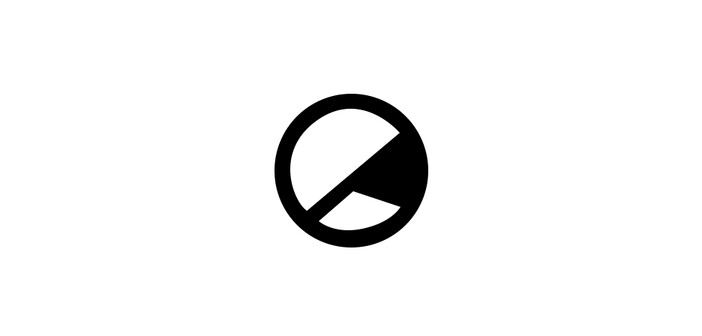Decidedly bleak, and definitely at its best when it's a little louder with its shock-factor, but Pablo Larraín's latest always remains - at the very least - beautifully crafted throughout.
-
8
Pablo Larraín’s low-key Chilean drama has already managed to swipe one of the top awards at the Berlin Film Festival, and now it comes to London hoping for similar glory. But can the No director’s penchant for the slow-burn still prove just as successful as it has overseas?
Set in a small, secluded seaside town on the edge of South America in rural Chile, The Club focusses on a tight-knit group of retired priests and nuns, living quietly out of the spotlight. But when a new figure is brought into their lives, disaster quickly blossoms, unearthing a wealth of disgraceful crimes from the residents’ pasts. At the head of it all, a far younger priest begins attempting to counsel the elders but struggles to understand their desire for something beyond religion.
As you may well have guessed, said synopsis doesn’t exactly equate to a Die Hard-level entertainment factor. In fact, for the most part, Larraín’s film seems to find comfort in just how miserable existence can be. There are smatterings of dark humour peppered throughout, and the occasional glimmer of hope, but for the most part, this is a decidedly bleak affair that is perfectly happy being so. This is by no means a bad thing, and it never really affects the film’s overall quality, but it does feel necessary to point out ahead of time so that no one gets the wrong idea.
After all, The Club does begin rather violently. The actual nature of the violence may well constitute as a spoiler, but rest assured, it is sudden, bloody, and devoutly shocking, and it is this moment that very much opens up the film; a streak of red on an otherwise devoutly beige canvas. There are a few other occurrences such as this, wherein Larraín attacks the otherwise undisturbed normality of the picture rather wickedly, and these easily form the standout moments. Otherwise The Club is largely built around emotionally-strained conversations and the occasional gorgeous nature shot which, although beautifully pieced together by Larraín, still feel as if they are very much living in the shadow of the more intense bursts of action.
However, despite this occasional longing for something more substantial, there is still plenty to enjoy about the film’s more low-key moments. Its cast form an incredibly believable and complex little coven which steers the narrative well, whilst The Club’s setting – as rural as it may well be – allows for a beautiful sense of sparseness, chronicling the protagonists’ disconnection from the wider world very effectively. The generational conflict at the film’s centre also works tremendously, providing plenty of dramatic sparks, even if not all of them seem to quite catch.
It’s clear that The Club is a festival-pleaser for a reason, and Larraín’s neatly symmetrical tale packs plenty of punch, although a little more in the right places would likely have helped it to feel less like it was simply treading water before the eventual finale.
The Club (2015), directed by Pablo Larraín, is being shown as part of the 2015 BFI London Film Festival. Further information about the film including screening times and ticket information can be found here.




